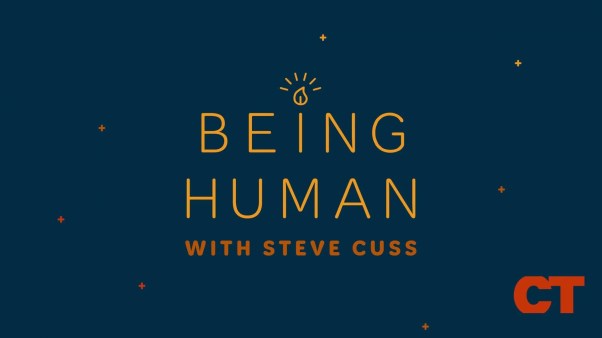Leadership is like parenting in that you can’t truly understand much until you actually do it. Along the way, you make mistakes that hopefully do no permanent damage. Eventually, you learn your way through enough situations, and you begin to feel more comfortable in the role. At least for a moment. And in that moment, you give thanks: for the people you lead, of course, and also for the grace they’ve shown.
Don’t leave that moment quite yet. Instead, take the next step in leading well by first recognizing that your position exists because a team exists. And you owe them. Specifically, you owe them eight commitments:
1. To provide clear answers whenever possible instead of peppering people with question after question until they arrive at your answer. While everyone knows that good leaders ask great questions, effective leaders also respond well to others’ queries—and in a timely, direct manner. No games.
2. To provide no answer when you don’t know how to respond or don’t have adequate time to think through the situation. People respect a leader who feels no pressure to always have an answer and is comfortable deferring to someone else or asking for a chance to give appropriate thought.
3. To appreciate a job well done regardless of the results. Sometimes external circumstances (luck) play a major role in results—for the good and for the not-so-great. Acknowledge the effort, and you can count on it to repeat. If you offer praise only for results, though, prepare for nothing to happen again; the person who experienced luck knows it and is unlikely to count on it striking twice, and the person who worked hard but encountered misfortune feels overlooked and underappreciated. As Gary Chapman and Dr. Paul White describe in The 5 Languages of Appreciation in the Workplace, make sure to express gratitude in a manner that fits the recipient.
4. To correct mistakes, but not every miscue. Trial and error has value, so give margin to learn. At the same time, though, patience has an expiration date for the same mistake made multiple times. And for that reason…
5. To turn up the heat on someone underperforming. Yes, understand the situation to ensure that you’re aware of external causes to a problem; no one needs the boss to rip into them when the rest of their life is falling apart. Have a heart. But also have a heart that looks down the road. If that road could likely lead to someone losing a job, say something. Clearly. Early. Repeatedly.
6. To model the small habits that you wish others would develop. For example, whenever you start to think “communication is an issue for him/her,” consider first how well you communicate. “I wish people responded faster” begs self-examination on how fast I respond. Is gratefulness an issue for someone? I must first consider how consistently and effectively I thank others. Instead of introducing a change to the team, live the change first and let others notice. Such is the path to credibility. In fact, no other reliable route exists.
7. To live a health and sustainable life that’s right for you—but not necessarily photocopied by others. Recognize that days, weeks, or seasons will require more time and effort and, in turn, there are periods that call for lower voltage. So work more when needed, and work less when needed. For the team, remember that some folks take longer to accomplish tasks, and others take less time, so allow them to determine what works and develop healthy rhythms. For a deep dive into this topic, carefully consider the motivation behind your own schedule. If you believe that you must give 120 percent to coax/cajole/con people to work hard, then something’s wrong. Resist justifying goofiness that comes from misuse of the adage “speed of the leader, speed of the team,” which sounds a lot like a tow truck-to-car relationship.
8. To pray for team members often—and by name. Nothing keeps a shepherd’s heart focused on what’s best for the flock like lifting each of them up in prayer.
Will these eight commitments make anyone a great leader? On their own, no. But ignore any of them, and effectiveness will drop. Probably fast. Good news, though: leadership is a continuous learning process. Every good leader knows this and shares a single attribute—he or she keeps trying. So keep pressing forward, for yourself and for your team.
David Staal, senior editor for Building Church Leaders and a mentor to a third grader, serves as the president of Kids Hope USA, a national non-profit organization that partners local churches with elementary schools to provide mentors for at-risk students. He also chairs the advisory board for a nearby college, teaches marketing at another university, and served ten years in leadership for a local church following a corporate career. David is the author of Lessons Kids Need to Learn (Zondervan, 2012), Words Kids Need to Hear (Zondervan, 2008), and Show Up (2016 release). He lives in Grand Haven, MI, with his wife Becky. His son Scott and daughter Erin attend Valparaiso University.








